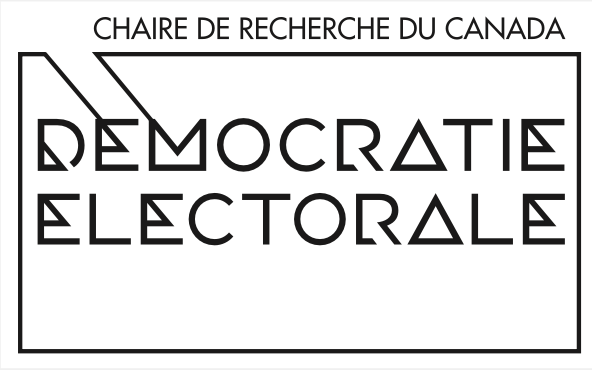Electoral Chairs’ Seminars – April 24th
24 April 2023 • 12:00 13:00
C-4145
24 April 2023 • 12:00 13:00
C-4145
Crowdsourcing or Educated Guessing? Election Forecasting, Sophistication, and Aggregation
Philippe Mongrain, Nadjim Fréchet, Brian Thompson Collart, and Yannick Dufresne
Many studies, primarily of American, British, and Canadian elections, have shown citizens’ forecasts to be an efficient prediction tool. Not only are citizens quite astute at guessing which candidate or party will prevail at the national level and in their own state or district, their expectations can also be transformed into relatively accurate vote share or seat number projections. According to the “miracle of aggregation” principle, in the absence of systematic biases, errors in individual judgments within a population should cancel each other out and lead to a correct decision at the aggregate level. This phenomenon reflects the idea of collective intelligence (or “wisdom of crowds”). Aggregation would thus have epistemic properties. The proposed article tests a number of strategies to improve upon the raw aggregation of citizens’ election forecasts using survey data collected during Canadian provincial and national election campaigns over the 2011–2022 period. Hence, “raw” aggregation (i.e., without any statistical intervention) will be compared to three different methods of aggregation: (1) giving more weight to politically sophisticated voters, (2) correcting for partisan biases, and (3) combining methods 1 and 2.

This content has been updated on 19 April 2023 at 17 h 18 min.